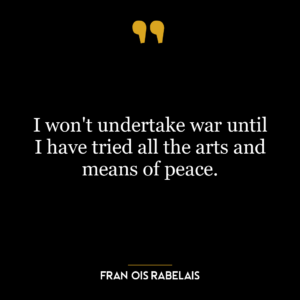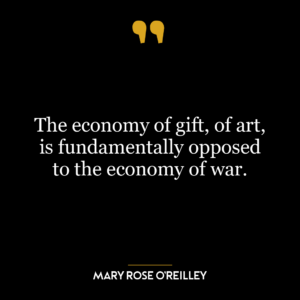This quote suggests that people are often more interested in the result of a conflict rather than the reasons that led to it. The focus is on who wins or loses, rather than understanding the underlying issues that caused the war. This can be seen as a critique of human nature, as it implies a tendency to prioritize immediate outcomes over root causes.
In terms of depth, it could be interpreted that this quote reflects a short-sighted view on conflict. By focusing on the outcome, we may overlook the lessons that could be learned from the causes. This might perpetuate a cycle of conflict, as unresolved issues could lead to more wars in the future.
Applying this to the modern world, it may be seen in how news media often focuses on the outcomes of political conflicts, wars, or elections, rather than the deeper societal or systemic issues that led to these events. This focus on outcomes over causes can also lead to a lack of understanding or empathy, as people may not fully understand the complexities of the issues at play.
In terms of personal development, this quote could be a reminder to focus on understanding the root causes of our problems, rather than just the immediate outcomes. For instance, if we’re struggling with stress or anxiety, it might be more helpful to understand the underlying issues causing these feelings, rather than just focusing on managing the symptoms. By gaining a deeper understanding of our problems, we can work towards more effective and long-term solutions.














